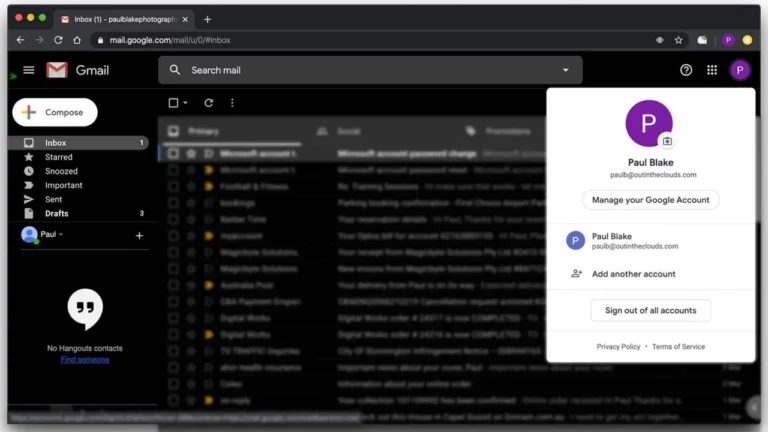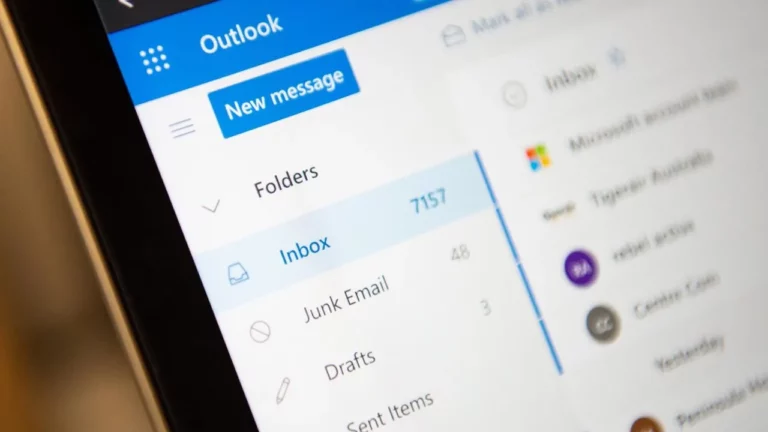Top 3 Tips for the Transition From a Corporate Job to Running Your Own Business
So often in the working world, the idea of climbing the corporate ladder might seem more appealing than taking the risk of working for yourself, but sometimes the tables turn. That has been the case for so many people within our network at Out In The Clouds, including our very own co-founders, Christian, Arnold and myself (Theo). We all did our time in the corporate world before stepping out on our own. Recently we had our good friend Thomas Woods feature on our video content series Business, Wine & Cheese to chat about his journey and how he operates his recruitment company Woods&Co., as well as his own experience transitioning from employment to starting his own business.
In terms of my own journey through that transition and what the catalyst was for starting my own business, entrepreneurship has always been a constant in my life.
I’ve had my own businesses for most of my life, so for the last 17 years in one way, shape or form I’ve had my own business. For probably 4 or 5 of those years I was employed, where I learnt lots of skills that I could reapply to my businesses.
I was always going to go back to solely running my own businesses but probably back into the music space, not where my current businesses have ended up being in.
Making that jump from being employed to working for yourself does take courage, but sometimes it can also take circumstances aligning, as well as being able to recognise and seize the opportunity at hand.
Which brings us to tip no. 1; be ready to seize the moment.
When the opportunity presents itself, you want to be ready to take it! So have your ideas ready to go. In my own circumstance, I began brainstorming different things that I wanted to do in the last 6 months of my employment. I knew it was going to be hard to dive in to something on my own because when you start that way you have no money – or you’re generating no money. The way that I naively structured our family finances and life was that this (employment) money would never end, and I very highly geared ourselves towards all the things that we wanted to do and not being very responsible with, what if the money stopped? At one point, I was looking at hybrid options of actually doing other work, but I wasn’t too confident in the fact that my employment history wasn’t amazing, so I didn’t know that I could walk into other jobs that I’d be happy doing, for the money that I’d be happy getting.
As I was going through this process, we were wrongly accused by our employer (not listed in my employment history) at the time of doing some things that we didn’t do. They put us on paid leave for a couple of months, during which period I decided to get the business going, knowing that the company that did wrong by us would eventually run out of money and go into administration. In the month or two that we had, we managed to get a bit of runway happening while also getting paid. I believe that everything happens for a reason, so I think that proves my case.
But with change comes challenge, and of course there is an obvious challenge that will arise when transitioning from being employed to starting your own business – money is oxygen for businesses. However, that wasn’t the only thing I had to adapt to.
Tip no. 2 – make sure you’ve got a positive mindset.
The toughest part about my journey? Finance for sure. In an ideal world, I would’ve had enough money personally to be able to build the business strategically and patiently like I wanted to without having to pay myself a minimum amount of money so that we didn’t go bankrupt. On top of that, I had a really different mindset back then about how I go about things. Dealing with the judgement was definitely something that had an effect on me and I don’t think it does anywhere near as much now. But also, staying positive was harder for me back then as well. I’ve done a lot of work on my mindset over the last two or three years so, at that point in time, finding a way out from under the rubble was something that seemed extremely hard. Definitely not impossible, but I sort of found my way into meditation and different daily rituals to push through it, and my wife helped me with it a lot because she was in the wellness space. So I think, mindset and dealing with money were my biggest challenges.
And of course, the upside is important to. Going back to being able to do whatever I wanted to do everyday was priceless. And I’m a massive control freak, so being able to take the blame for everything without anyone else to turn to put that blame on. That’s probably the most freeing thing that can happen to someone!
And finally, tip no. 3 – build yourself a moving train.
If I were to give advice to someone looking to make that jump to starting their own business it would be this; have a plan that makes sense. If you can’t afford it, audit what your expenses are and drop those as much as you can. Change your lifestyle if it’s too extravagant to be able to give you enough runway with your new business without it putting pressure on your personal life as well. If you can – if it’s the type of business you can do this with – start it while you’ve still got a job. You’re still taking a leap of faith but you’re not jumping and starting from zero, you’re jumping onto a moving train.
In our most recent video for our content series Business, Wine & Cheese we sat down to chat with our good friend Tom Woods who is the founder of Woods&Co. recruitment in Melbourne. Woodsy went through his own transition from a corporate job into starting his own business, although for him the journey was a little different. Have a watch: https://www.youtube.com/watch?v=u23xXM7K5-E







